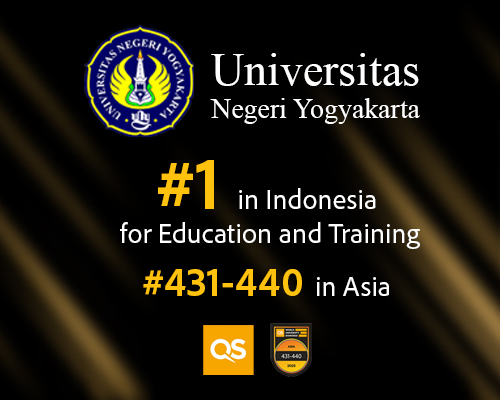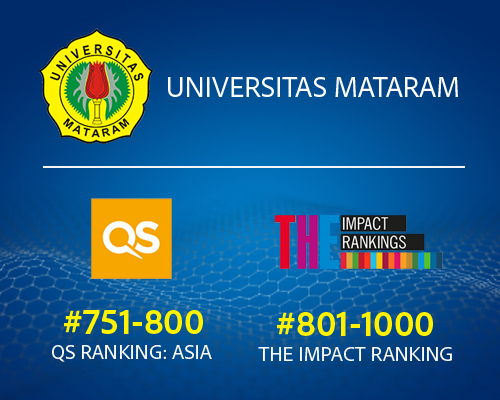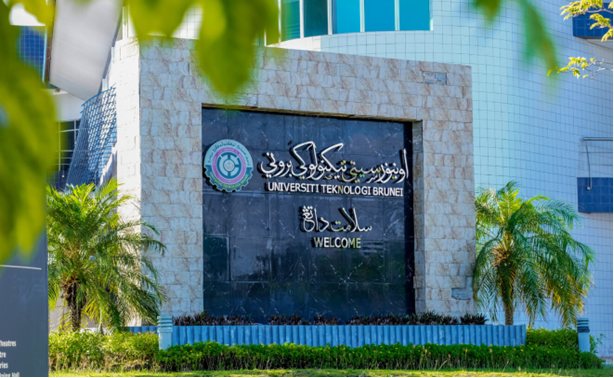Malaysia is positioning itself at the forefront of Southeast Asian educational collaboration as it prepares to host a pivotal gathering of regional education leaders. The upcoming Asean Higher Education Ministers’ Roundtable promises to reshape the landscape of tertiary education across member nations, setting the stage for unprecedented cooperation and innovation in the decade ahead.
Asean Higher Education Ministers’ Roundtable Set for Langkawi Summit
Higher Education Minister Datuk Seri Dr Zambry Abdul Kadir announced that the Asean Higher Education Ministers’ Roundtable: Envisioning the Next Decade and Beyond will convene in Langkawi on June 19. This significant event forms a cornerstone of the broader Asean Ministers of Education and Higher Education Roundtables (#EduRoundtables2025), scheduled to unfold across the resort island from June 17 to 19.
During a briefing with editors-in-chief at the Higher Education Ministry on Tuesday (June 10), Zambry outlined the comprehensive scope of participation. The gathering will bring together education and higher education ministers from all Asean member states and Timor Leste, alongside senior representatives from Myanmar and the Asean Secretariat.
A New Blueprint for Regional Educational Excellence
The roundtable’s primary achievement will be the adoption of the Asean Leaders’ Declaration on Higher Education: Towards an Inclusive, Sustainable and Prosperous Asean. This foundational document represents more than ceremonial protocol—it will serve as a strategic blueprint to strengthen higher education infrastructure and collaboration throughout the region over the next decade.
Moreover, this new declaration will formally renew the Kuala Lumpur Declaration on Higher Education, originally adopted at the 27th Asean Summit on November 21, 2015. The refresh acknowledges the rapidly evolving educational landscape and emerging challenges that weren’t anticipated nearly a decade ago.
Revolutionary Student Mobility Initiative Takes Center Stage
Among the most ambitious proposals gaining momentum is the Asean Global Exchange Mobility and Scholarship (Asean-GEMS) initiative, spearheaded by Malaysia through Education Malaysia Global Services (EMGS). The Asean Senior Officials’ Meeting on Education (SOM-ED) formally endorsed this groundbreaking proposal on February 14.
Zambry explained that the initiative encompasses an Intra-Asean Scholarship Programme designed to eliminate traditional mobility restrictions that have historically limited student exchanges among member countries. Furthermore, the program aims to provide participants with valuable exposure to diplomacy and cultural understanding—elements crucial for fostering regional integration.
The 8th Meeting of the Asean Working Group on Higher Education Mobility (AWGHEM) has strategically placed both the declaration and the Asean-GEMS initiative on the main agenda for the upcoming Langkawi roundtable, ensuring these transformative proposals receive the attention they deserve.
Domestic Educational Vision Complements Regional Goals
On the flip side, Malaysia is simultaneously advancing its domestic educational agenda through the Madani Rakyat 2025 programme. Scheduled for Lumut Waterfront, Perak, from June 13 to 15, this initiative carries the theme “Higher Education as the Driver of a Madani Nation.”
Prime Minister Datuk Seri Anwar Ibrahim will officiate the programme, which promises diverse activities involving universities, polytechnics, and community colleges. This parallel event demonstrates Malaysia’s commitment to strengthening educational foundations at home while leading regional cooperation efforts.
Looking Ahead: Educational Diplomacy in Action
The convergence of these initiatives represents a pivotal moment for Southeast Asian higher education. Unlike previous collaborative efforts that often remained theoretical, the Asean-GEMS programme offers concrete mechanisms for student mobility and cultural exchange. The timing couldn’t be more strategic, as universities across the region face mounting pressure to internationalize their offerings while maintaining local relevance.
The upcoming roundtable positions Malaysia as a regional education hub, leveraging its geographic advantages and educational infrastructure to facilitate meaningful partnerships. As these ministers gather in Langkawi, they’ll be crafting policies that could fundamentally transform how students, faculty, and knowledge move across Southeast Asian borders for years to come.






